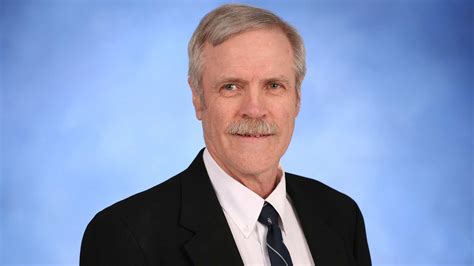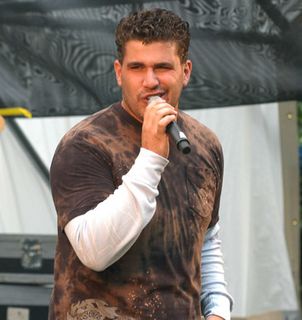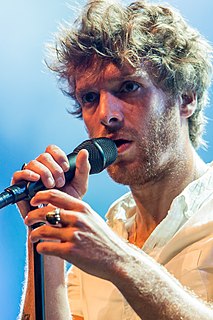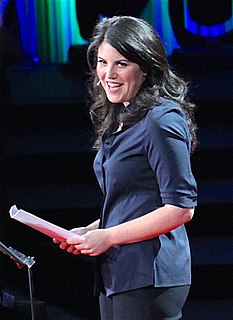A Quote by Noam Chomsky
Go back to the Bible, the Old Testament. I mean there were people who we would call intelectuals, there, they were called prophets, but they were basically intelectuals: they were people who were doing critical, geopolitical analysis, talking about the decisions of the king were going to lead to destruction; condemning inmorality, calling for justice for widows and orphans. What we would call dissident intelectuals. Were they nicely treated? No, they were driven into the desert, they were imprisoned, they were denounced. They were intelectuals who conformed.
Related Quotes
Prophet just means intellectual. They were people giving geopolitical analysis, moral lessons, that sort of thing. We call them intellectuals today. There were the people we honor as prophets, there were the people we condemn as false prophets. But if you look at the biblical record, at the time, it was the other way around. The flatterers of the Court of King Ahab were the ones who were honored. The ones we call prophets were driven into the desert and imprisoned.
There is a principle of human affairs that goes back millennia, which is that you don't look in the mirror. You can trace this principle back to the Bible. The designated intellectuals of that time are called prophets, which is a mistranslation of a Hebrew word, but they were basically intellectuals, giving geopolitical analysis, criticizing the moral practice of leadership, etc. Now, these people were not treated very nicely. There were other intellectuals who were treated nicely, namely those who centuries later came to be called false prophets. These were the flatterers of the court.
I was a young feminist in the '70s. Feminism saved my life. It gave me a life. But I saw how so much of what people were saying was not matching up with what they were doing. For example, we were talking about sister solidarity, and women were putting each other down. We were talking about standing up for our rights, and women weren't leaving abusive relationships with men. There were just so many disconnects.
If you look back in history, as the barbarians were invading the gates of Rome, people were consulting fortunetellers and worrying about the end of the world and all sorts of other apocalyptic notions. When the tsars were finally overthrown, they were all reading tarot cards even as the revolutionaries were banging at the gates.
It's always intrigued me that amidst the group called slaves there were individuals who were extremely able, who were extremely colorful, who were powerful personalities, who by no means fit the usual images of slaves. They were people who, through their personalities and abilities, were very respected in the community where they lived by both black and white.
The "prophets" were what we would call dissident intellectuals. They provided critical geopolitical analysis, condemned the crimes of the powerful, called for justice and mercy for those who needed help, etc. I wouldn't personally endorse everything they said, any more than I would for critics of power and its crimes today. But rather generally I think they played an honorable role - and suffered accordingly.


































